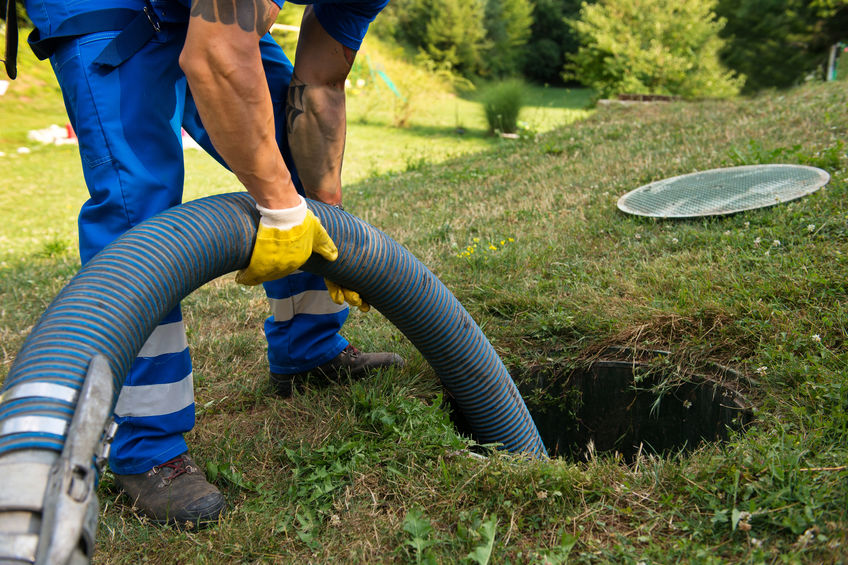Cost-Effective Ways to Update Your Sewage System

Upgrading your sewage system may not happen often but it is a necessary part of maintaining a healthy and sanitary environment. The trouble is that it can be a very costly expense and difficult if you don’t know what you’re doing.
How would you know, for instance, if your sewage system even needs upgrading? Here a few money saving tips from Bates Environmental.
Replace Ageing Equipment
The majority of sewage and wastewater treatment have been in service for a number of years. In that time, they’re likely to have received few upgrades due to some lack of investment. The only times they do get upgraded tends to be when a new environmental law gets put in place.
When upgrading sewage treatment, it’s better to upgrade sooner rather than later as the cost of replacing it all further down the line can be massively draining on finances. We recommend updating whenever new technology comes out rather than waiting until it becomes a necessity.
Invest in a Septic Tank
As well as being lightweight and easy to install, septic tanks are far less likely to crack than other sewage systems. This makes them a much more cost-effective way of managing your sewage as the maintenance costs are significantly reduced.
Plastic septic tanks are your best option as iron will corrode over time, again saving you a lot of time, energy and money in having to replace separate parts. Just be sure that your new septic tank is compliant to the new septic tank law which will come into force in January 2020. To learn more, visit our septic tank page.
Expand Your Capacity
Probably the most difficult upgrade, but could definitely save you money in the long run, is to expand the capacity of your sewage system. Urban expansion and population growth could lead to an overflow in capacity and this is obviously a problem.
By investing in expansion now, you save a lot of trouble later on. However, it is difficult to do this as there is not always land available to expand upon.
If you have any other questions regarding sewage treatment and wastewater management, visit our FAQ page at Bates Environmental!
